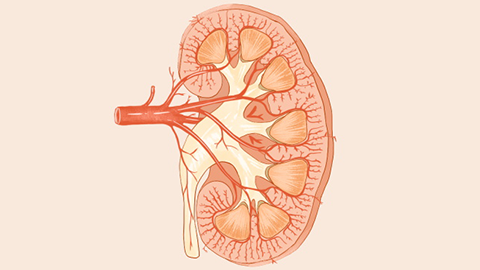Can patients with kidney dysfunction eat eggs?
Generally speaking, patients with kidney insufficiency can eat eggs, but excessive consumption is not recommended. The detailed explanation is as follows:

Eggs contain high-quality protein, whose composition of essential amino acids closely matches human requirements. They are easily absorbed and utilized by the body, helping to supply nutrients and maintain normal physiological functions. Moreover, the nitrogenous waste generated after egg protein metabolism is relatively low. Moderate egg consumption will not impose an excessive metabolic burden on the kidneys. For patients with kidney insufficiency, ensuring sufficient intake of high-quality protein is important, and eggs are one of the suitable choices.
Patients with kidney insufficiency should control their egg consumption, generally limited to one per day, to avoid increasing the kidney burden caused by excessive intake. Boiled eggs or steamed eggs are preferable, avoiding fried preparations to reduce fat intake. If patients also suffer from hypercholesterolemia, yolk consumption can be appropriately reduced. Additionally, patients should adjust their egg and other protein intake according to their individual medical conditions under the guidance of a physician or nutritionist.









